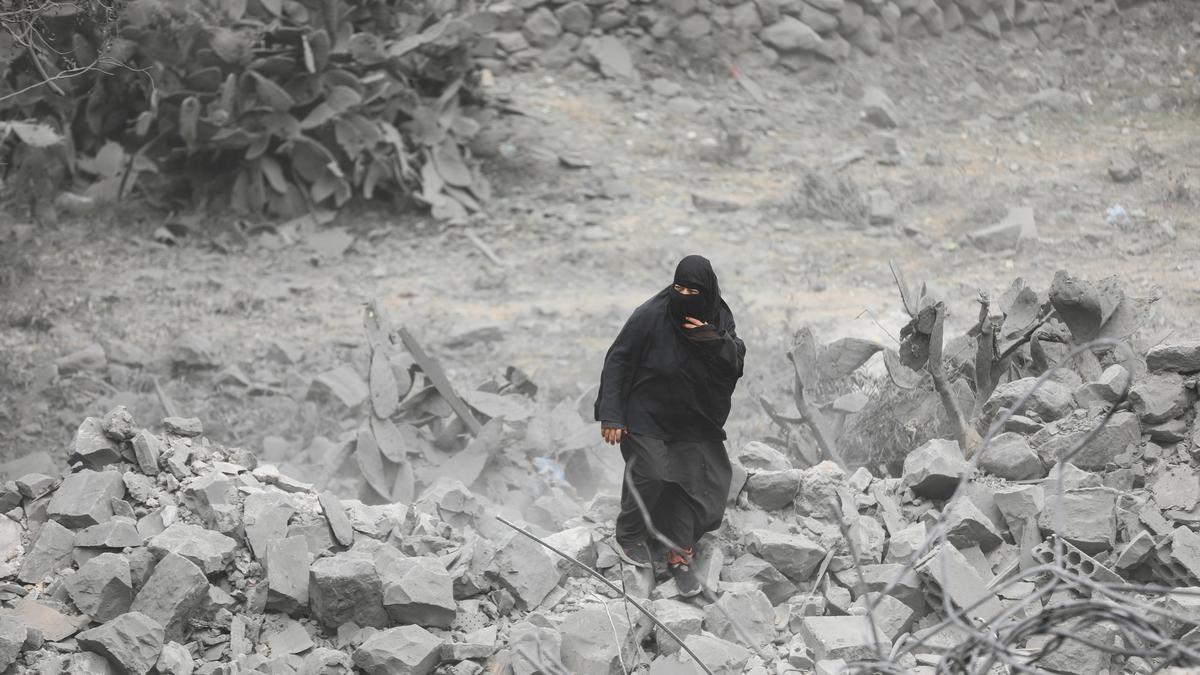Suspected U.S. airstrikes overnight have reportedly resulted in the deaths of at least six individuals in Yemen, with 26 others injured, according to local sources. The strikes occurred near the rebel-controlled capital and are the latest in a series of ongoing military operations in the region.
Witnesses reported loud explosions followed by rising plumes of smoke in residential areas, raising fears among civilians. Emergency services responded swiftly, transporting the injured to local medical centers for treatment. Among the wounded were several women and children, according to reports from the scene.
These recent attacks are believed to be part of a broader military campaign that began in mid-March, targeting specific installations and infrastructure used by local factions. Military aircraft were reportedly seen flying low over the area before the blasts occurred.
In a related development, local armed groups claimed to have shot down another surveillance drone believed to be operated by U.S. forces. The drone allegedly crashed in a rural zone shortly after the strikes were carried out.
While no official confirmation has been provided by the military overseeing the operations, the ongoing silence is seen by analysts as part of a broader strategy to maintain operational flexibility. The authorization to conduct such strikes without public disclosure is believed to have been granted in recent weeks, further intensifying the air campaign.
Local residents are growing increasingly anxious over the frequency and unpredictability of the attacks, which have added to the already dire humanitarian situation in the country. The airstrikes have damaged civilian infrastructure, disrupted daily life, and deepened political tensions.
Calls for de-escalation have emerged from various quarters, urging all involved parties to pursue dialogue over continued conflict. However, with military activity showing no sign of slowing down, fears of prolonged instability in the region remain high.
The strikes highlight the fragile nature of peace efforts in the region and the broader implications for international relations. As tensions grow, civilians continue to bear the brunt of military operations, underscoring the urgent need for a diplomatic solution.




0 Comments